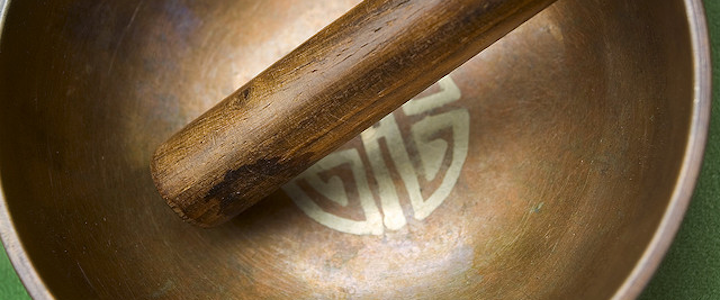If you are a military veteran there are other veterans that practice with IMCW that can help you understand, practice, and truly benefit from this practice of meditation and mindfulness. IMCW offers a community of veterans that meet monthly to support each other and share their experience of the practice.
Only about 1.5% of our U.S. population is currently on active duty, reserve, or guard status in the military. That is approximately the same percentage of the number of American Indian and Alaskan Natives living in the U.S. About 7% of our U.S. population are veterans (not serving now but served previously at any length) compared to 13.4 % Black or African American and 15.3% Hispanic or Latin.
When I ask groups, “Who knows a veteran?”, many people raise their hand. Additionally, our Washington, D.C. areas has one of the highest percentages of veterans in the country — where are they, and why don’t they come to meditation? Can the dharma, meditation, and mindfulness practices be taught in a way to attract this population of people?
Veterans know that we learned to accomplish our military and wartime mission in a specific manner that worked well for the job and role we played at that time. However, if we are no longer in the military, we may now see that our patterns, strategy, and behaviors do not work as well in other environments — such as with family, work, and friends.
In my experience our Vipassana style of mindfulness practice is often not understood. But there are some techniques and skills many veterans may even find remarkably familiar (hurry up and wait for it!): Meditation and mindfulness can help us feel good, relate to others, and communicate in healthier, helpful ways. Mindfulness techniques such as wise understanding, and understanding the difference between pain and suffering, attachments, resistance, and letting go can also help with dealing with coping with difficult emotions, PTSD, trauma, stress, anger, and communication with others.
The understanding of why we do the things we do and learning a way to practice mindful attention can help veterans and non-veterans alike. Whether we are new or experienced, or from any culture, when we learn how to truly investigate our beliefs and convictions, we can see the benefits.
Maybe helping veterans experience that beginner’s mind is the best place to be ALWAYS! The late Shunryu Suzuki Roshi instructed us to keep a “beginner’s mind” for, “In the beginner’s mind there are many possibilities, but in the experts, there are few.”



